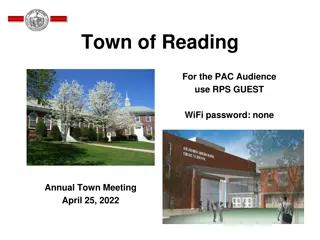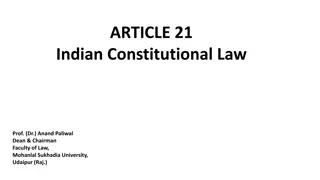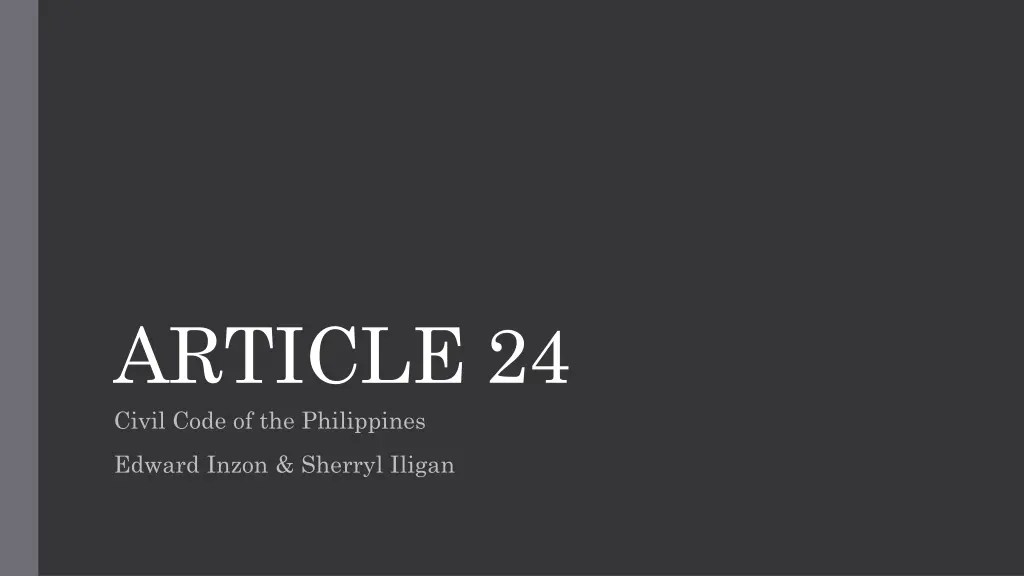
Protection of Parties in Contracts: Heirs of John Z. Sycip v. Court of Appeals
In the case of Heirs of John Z. Sycip v. Court of Appeals, the courts emphasized the protection of parties in contractual agreements, especially when one party is at a disadvantage due to dependence, ignorance, weakness, or other factors. The court declared documents involving the sale of land to be null and void due to falsification and lack of proper approvals, highlighting the importance of upholding integrity in legal transactions.
Download Presentation

Please find below an Image/Link to download the presentation.
The content on the website is provided AS IS for your information and personal use only. It may not be sold, licensed, or shared on other websites without obtaining consent from the author. If you encounter any issues during the download, it is possible that the publisher has removed the file from their server.
You are allowed to download the files provided on this website for personal or commercial use, subject to the condition that they are used lawfully. All files are the property of their respective owners.
The content on the website is provided AS IS for your information and personal use only. It may not be sold, licensed, or shared on other websites without obtaining consent from the author.
E N D
Presentation Transcript
ARTICLE 24 Civil Code of the Philippines Edward Inzon & Sherryl Iligan
Article 24. In all contractual, property or other relations, when one of the parties is at a disadvantage on account dependence, ignorance, weakness, tender age or other handicap, the courts must be vigilant for his protection. of his moral mental indigence,
Valenzuela v. Court of Appeals, et al., G.R. No. 56168, December 22, 1988 People v. Casipit, 51 SCAD 482, 232 SCRA 638 (May 31, 1994) Heirs of John Z. Sycip, et al. v. Court of Appeals, et al., G.R. No. 76487, November 9, 1990
Heirs of John Z. Sycip, et al. v. Court of Appeals, et al., G.R. No. 76487, November 9, 1990 Facts: Melecio Yu and Talinanap Matualaga are married. While they were separated , a certain Alfonso Non approached Melecio and convinced him to sell a parcel of land, which belonged to his wife, at P200 per hectare. Non assured Melecio that he could secure Matualaga s signature; otherwise the contract would be void. With such understanding Melecio signed the document. It turned out that the deed involved the sale of more than 54 hectares in favor of John Sycip. Issues: Whether or not the sale is null and void ab initio? [invalid at the outset] Can the land be recovered?
Heirs of John Z. Sycip, et al. v. Court of Appeals, et al., G.R. No. 76487, November 9, 1990 Held: It is not disputed that the private respondents are Muslims who belong to the cultural minority or non-Christian Filipinos as members of the Maguindanao Tribe. Any transaction, involving real property with them is governed by the provisions of Sections 145 and 146 of the Revised Administrative Code of Mindanao and Sulu, Section 120 of the Public Land Act (Commonwealth Act No. 141), as amended, and Republic Act No. 3872, further amending the Public Land Act.
Heirs of John Z. Sycip, et al. v. Court of Appeals, et al., G.R. No. 76487, November 9, 1990 Held: All the documents declared null and void or inexistent by the trial court and affirmed by the Court of Appeals were found to have been falsified in Civil Case No. 969; without consideration and more importantly without approval by any of the following officials: the Provincial Governor of Cotabato, Commissioner of Mindanao and Sulu, or the Chairman of the Commission on National Integration and therefore null and void.
Valenzuela v. Court of Appeals, et al., G.R. No. 56168, December 22, 1988 Facts: an illiterate old man obtained a loan from a rural bank for P300. What was reflected in his record , however, was P5,000. In an action for annulment and/or reformation of the instrument, the lower court ordered the reformation of the contract to reflect the true intention of the parties. Held: The bank took advantage of the old man, hence, in the exercise of the Court s duty to protect the rights of people with limited education, it affirmed the lower court s decision.
People v. Casipit, 51 SCAD 482, 232 SCRA 638 (May 31, 1994) Worth noting is the marked receptively of our courts to lend credence to the testimonies of victims who are of tender years regarding their versions of what transpired since the State, as parens patriae, is under obligation to minimize the risk of harm to those who, because of their minority, are not yet able to fully protect themselves. Parens patriae -- the principle that political authority carries with it the responsibility for protection of citizens.

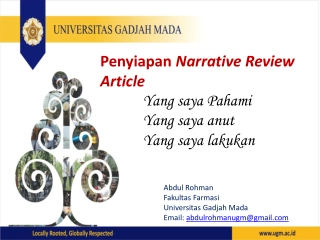
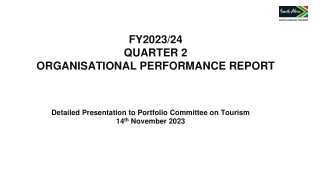


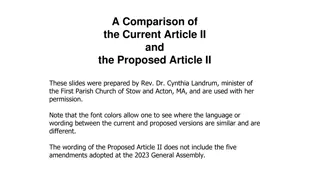

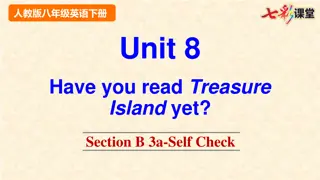
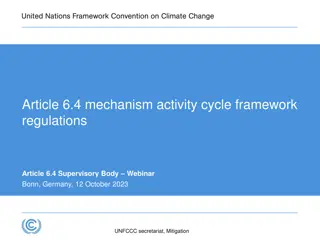


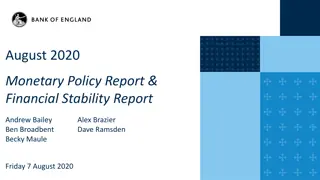
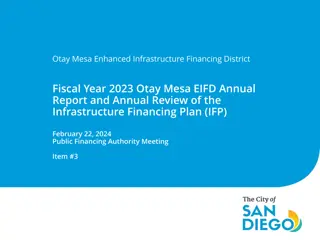
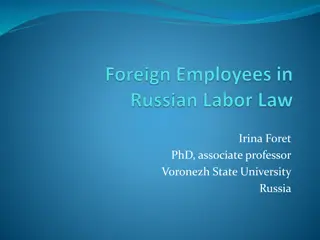
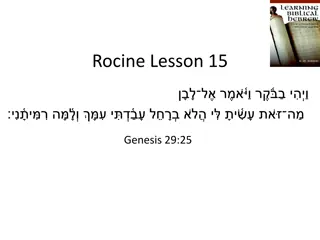
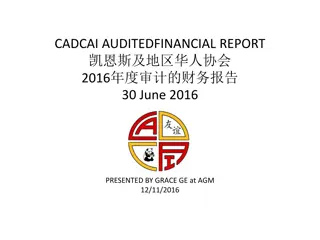

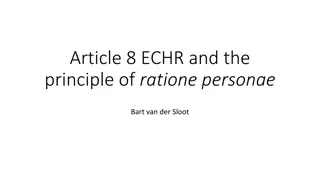
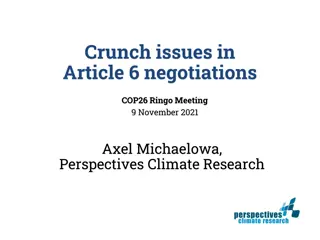
![Detailed Research Findings on [Article Code]](/thumb/223113/detailed-research-findings-on-article-code.jpg)
